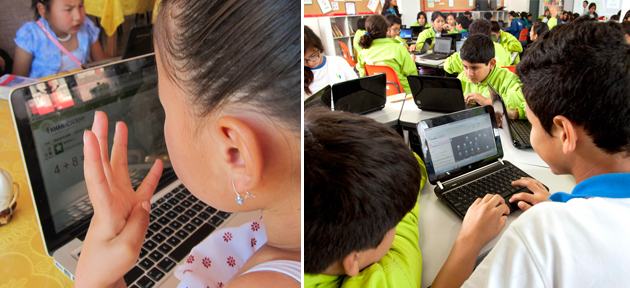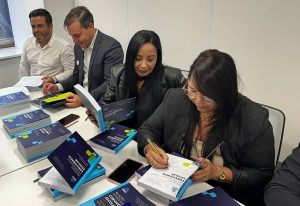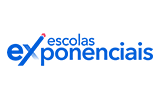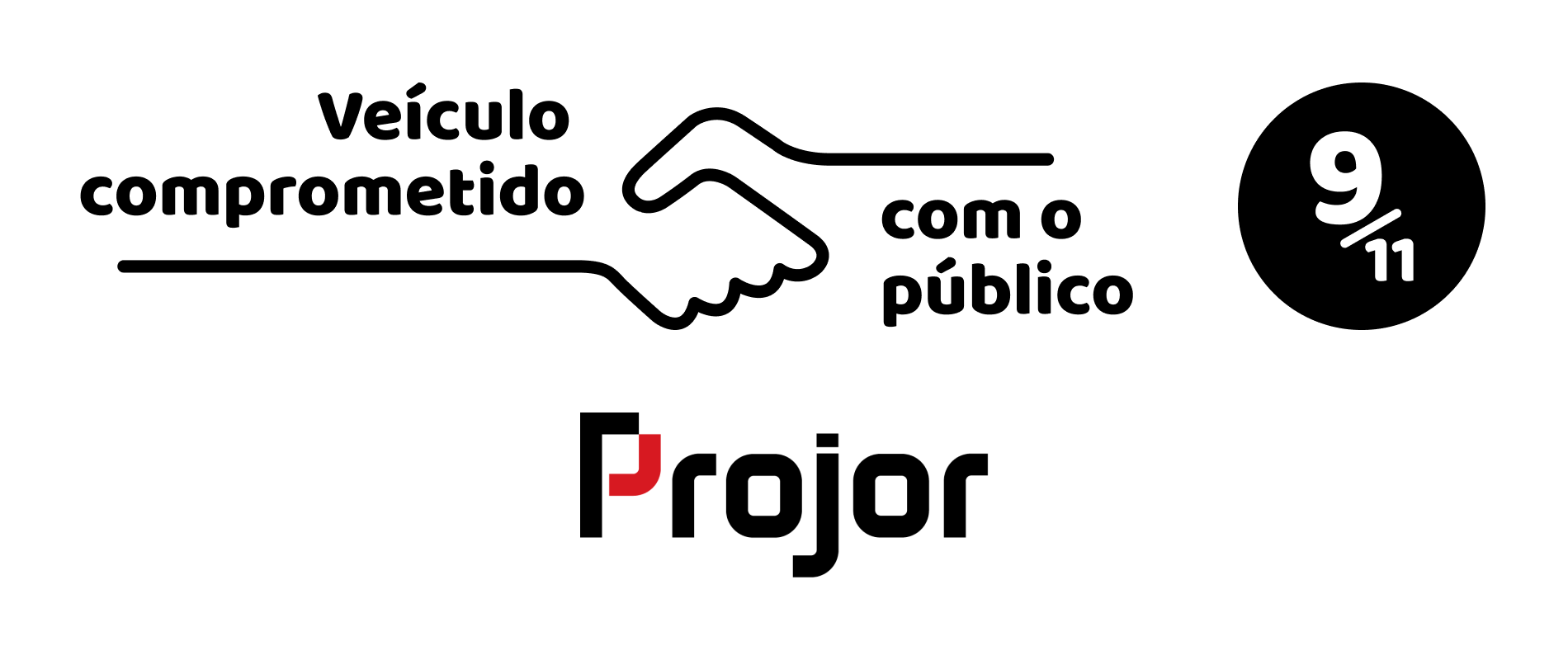Personalization, yes; diploma, for what?
por Redação  15 de janeiro de 2013
15 de janeiro de 2013
The educator Salman Khan will meet tomorrow the President Dilma Rousseff. The agenda of the meeting has not yet been disclosed, but he said that governments often talk about how to make education systems become more accessible and equitable. For this, he says, one must think a new way to apply the certification process, different from what we see today, in which students can show what they know without bureaucracies, as, for example, a simple test. The origin of this knowledge, a university, a school or life, does not matter – or should not matter. And Salman Khan, himself, is an example of it.
At the end of last year, Khan made the front page of Forbes magazine. In the article, he said: “What I achieved, by missing lots of classes at school, was to get two undergraduate degrees and a master’s degree in four years”, remembered him, that who always was very skilled in mathematics. “It was not laziness. There was much more productive ways to learn than attend classes”, he added. That’s because, as it is in the DNA of Khan Academy, the classrooms are not the only legitimate learning environment, the teacher is not alone responsible for the transmission of knowledge. Incidentally, it is essential that it is not so. “Probably the most important thing you can learn while in school is not any of the school’ subjects. The most essential thing to learn is how to learn. How do you appropriate your learning? How do you create your own guides? How do you reach your own goals?”, says Khan in the video that presents the vision of the Khan Academy.
The discussion is good and gains strength with the emergence of models, similar to the one created by Khan, and many other platforms of online education that have emerged since last year. With the technological resources enabling that learning situations can go beyond the walls of the schools, classrooms have been flipped. From home, the student accesses the material in various formats and accompanies the content in the rhythm that is most appropriate for him/her. If he/she is watching a lesson on video, for example, he/she can pause and repeat as many times as necessary to understand the concept that is being exposed. In the physical environment of learning, which can be a classroom, students discuss and learn with their teacher/ tutor but mainly with their peers. All this makes teaching more interactive and personalized.
This multiplication of learning spaces reinforces Khan’s argument that diploma, today, is not so important. After all, knowledge is no longer tied to the school and students can invent ways to learn, many rich opportunities for learning can be spread around. “Diploma says very little, is just an indication of a person skill. How to give people something that let evident what they know? We need a solution for this!”, he incites, already presenting his proposal. “For me, is enough to go to a place, show your ID, take a test and leave with the credentials”, he said this week to the newspaper Estado de São Paulo.
Translated by Ana Pagliuso












